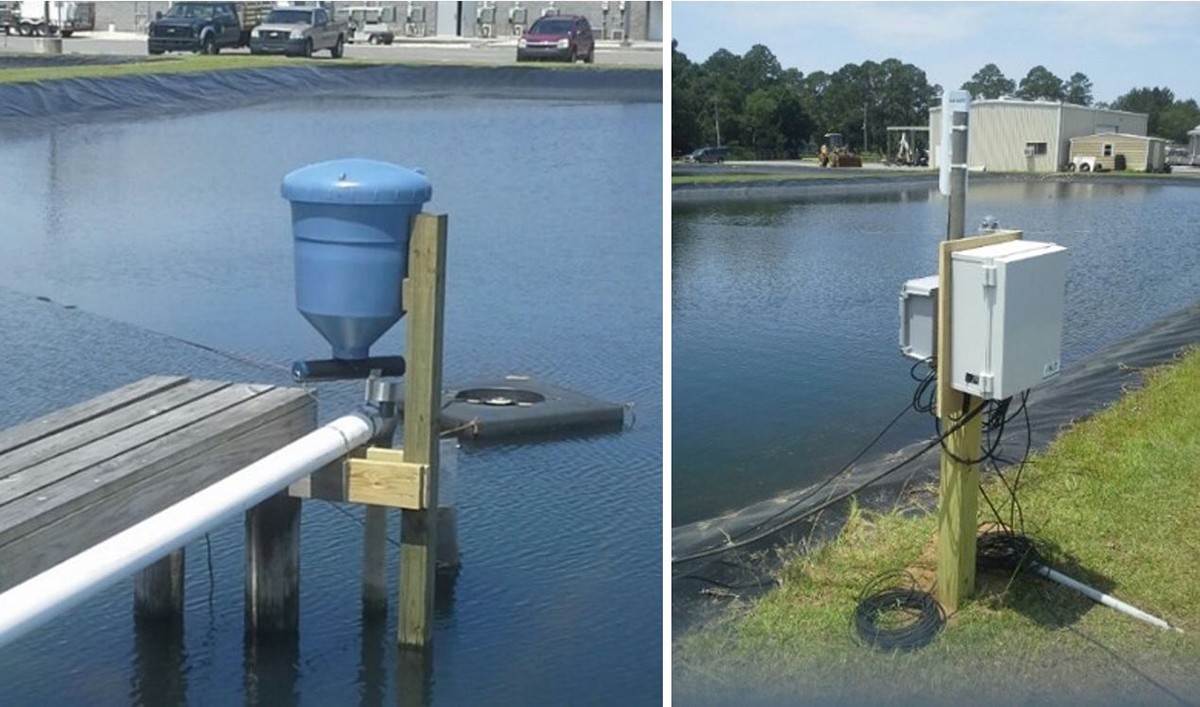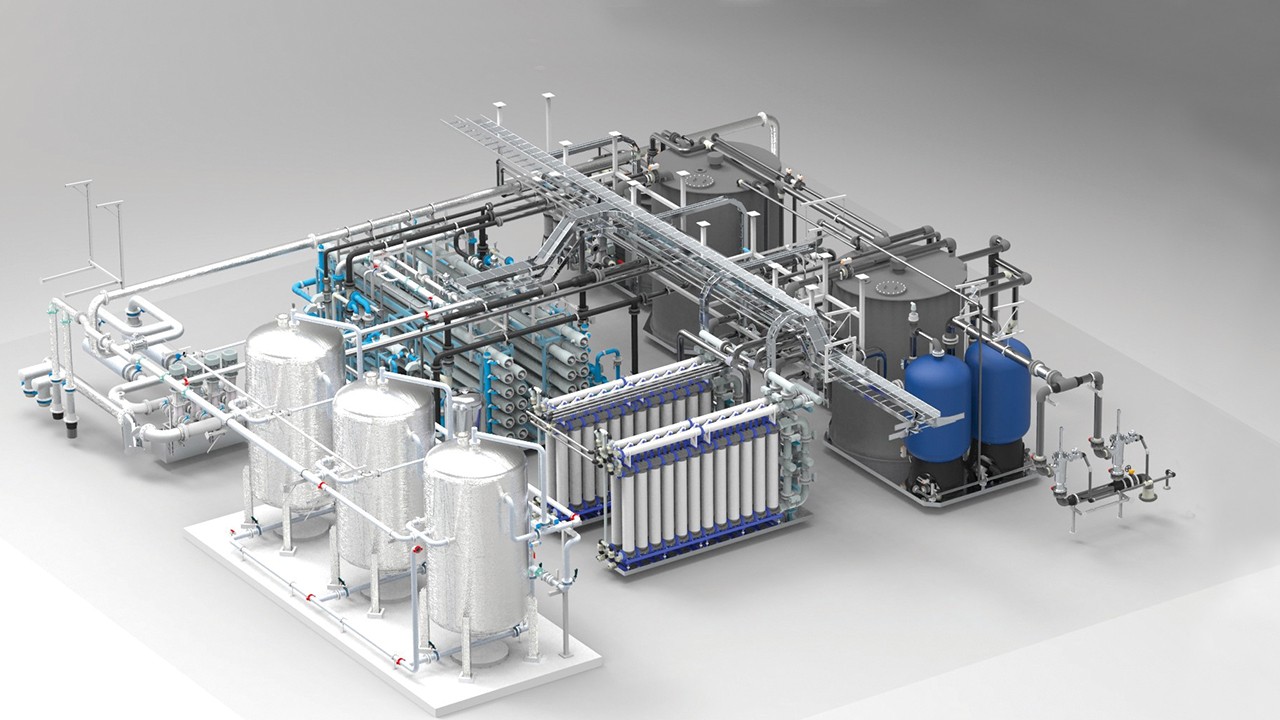Oilfield Integrity Management Market worth $+15 Billion by 2027

According to the new market research report “Oilfield Integrity Management Market by Management Type (Planning, Predictive Maintenance & Inspection, Corrosion Management, Data Management, and Monitoring System), Component (Hardware, Software, Services), Application, & Region – Global Forecast to 2027″, published by TheInsightPartners , the Oilfield Integrity Management Market size is expected to grow from an estimated USD +10 billion in 2020 to USD +15 billion by 2027, at a CAGR of +7%, during the forecast period.
Modular Steel Construction For High-Rise Hotels: What You Need To Know??

Modular construction is a process in which a majority (or portion) of the building is fabricated off-site under factory controlled conditions. The building is manufactured in pieces called “modules” that each include completed structure, mechanical, electrical, plumbing, furniture, fixtures, & equipment, and exterior and interior finishes.
HVAC Insulation and Why We Need it??

HVAC systems are used in both commercial and residential buildings — from offices to factories, hotels to homes. They’re a big factor when it comes to the overall comfort of your home or building. Adding HVAC insulation can help improve that comfort and even lead to lower utility cost
Development of Automatic Feeding Machine for Aquaculture Industry

Aquaculture is a growing industry with a great potential towards the contribution of the country's total fish requirement. Serious efforts have been done to develop and improve the production of fish by rearing high value fish in tanks or ponds. Under the Third National Agricultural Policy, the target is to annually produce 1.93 million tonnes of fish worth approximately RM8.3 billion by the year 2010.
Safe Water Consumption is likely to Showcase Growth Opportunities Water Treatment Systems Market

Water Treatment Systems Market
Impact Of COVID-19 on Industrial Protective Footwear Industry | Know the Ups and Downs of Global Market

The COVID-19 pandemic first began in Wuhan (China) in December 2019, and since then, it has spread around the globe at a fast pace. The outbreak has affected economies and industries due to imposed lock downs, travel bans, and business shutdowns. It is anticipated to considerably affect the global textile, leather, clothing and footwear manufacturing industries. Constrained logistics, travel restrictions, and labor shortage have made it difficult for manufacturers to deliver goods. In addition, international trade and supply disruptions in textile, leather,clothing, and footwear landscape are likely limit the industrial protective footwear industry in these countries.
Higher Bunker Fuel Prices Driving up Global Market

Bunker fuel is used in ship's bunkers to power its engines. This fuel is divided into A, B or C grades. The C grade is the thickest and often requiring heating or blending in order to make it flow. There are two types of bunker fuels such as distillate and residual. Distillate fuel is composed of petroleum fractions of crude oil that are separated in a refinery by the distillation process. Residual fuel is also called as residuum or petroleum pitch.
Rise of the Service Robots - Expecting Massive Growth in the Future

Service robots are designed and used for assisting humans with their daily jobs, these robots are autonomous and are operated by manual override options. Service robots are categorized into two types namely professional and domestic service robots. These robots provide assistance in increasing efficiency and eliminating the scope of human error. Service robots markets have a wide range of application in healthcare, defense, security, logistics, construction, and aerospace among other industries.
Le tecnologie basate su modelli guidano la trasformazione digitale nell'industria manifatturiera!

Driver e vincoli del mercato delle tecnologie di produzione basate su modelli - Lo sviluppo in vari settori di utilizzo finale sta alimentando gli investimenti in tecnologie di produzione basate su modelli poiché aiuta a ridurre al minimo le perdite di produzione e facilita i processi veloci. Le tecnologie basate su modelli possono essere utilizzate per ridurre i costi di sviluppo di diversi prodotti e per abilitare funzionalità aggiuntive a vantaggio dell'intero processo di produzione e ingegneria. I principi per le tecnologie di produzione basate su modelli risiedono nello sviluppo di metodologie e strumenti avanzati per lo sviluppo di software necessari per costruire sistemi, macchinari e prodotti a un costo accettabile, preservando...
Model Based Technologies Drives Digital Transformation in Manufacturing Industry!

Model-Based Manufacturing Technologies Market Drivers & Restraints - Development in various end-use industries is fuelling investment in model-based manufacturing technologies as it helps minimise production losses and facilitate fast processes. Model-based technologies can be used to reduce the cost of development of different products and to enable additional capabilities benefiting the entire process of manufacturing and engineering. The principals for model-based manufacturing technologies lie at the development of advanced methodologies and tools for developing software that are needed to build systems, machinery and products at an acceptable cost while preserving safety and correctness.